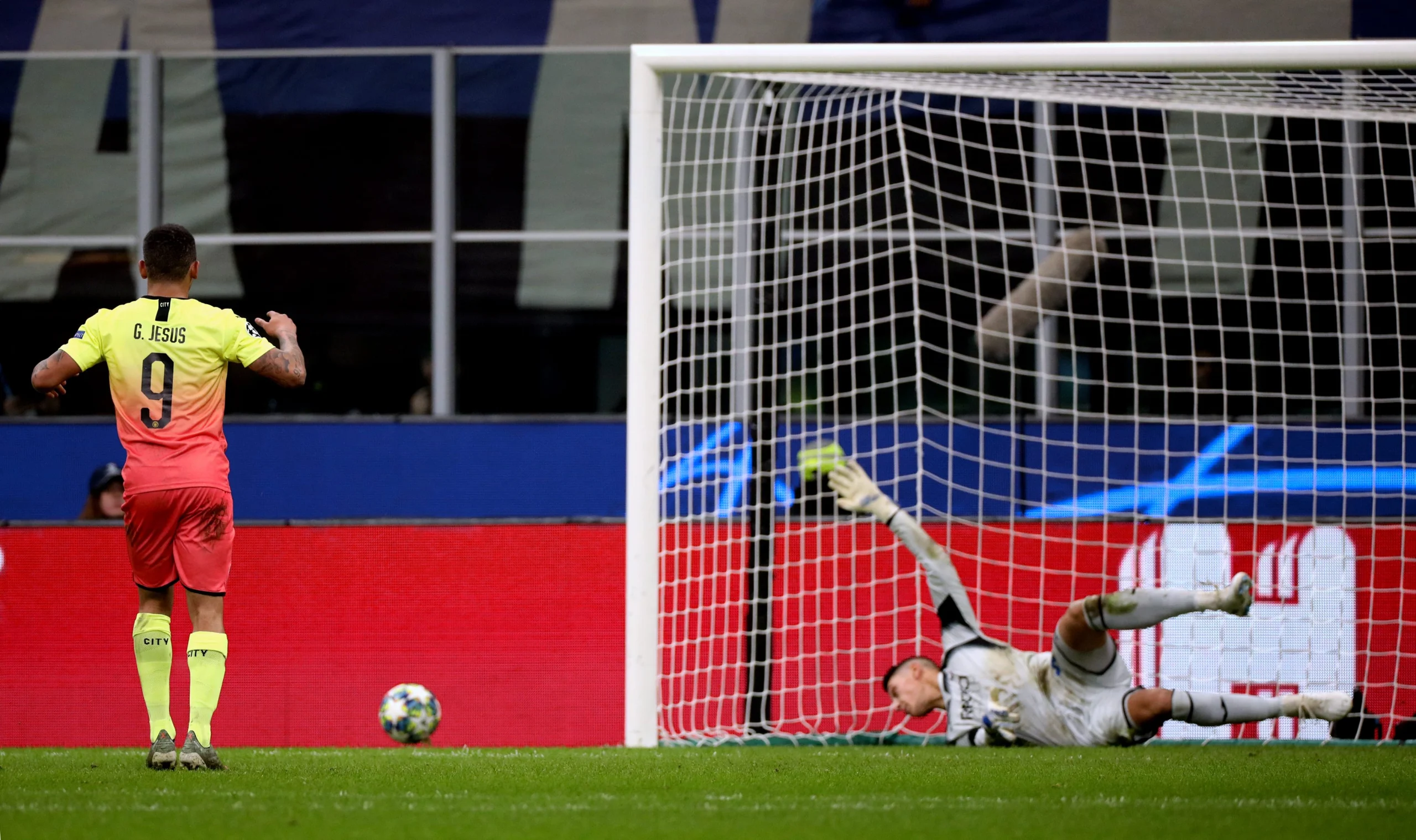By: David Wang
In any professional soccer/football match, the penalty shootout is no doubt one of the most important parts of the game. Almost half of all World Cup games were won by penalty kicks, with the women’s having 2 in 1999 and 2011 and the men’s having 3 in 1994, 2006 and 2022. And they happen a lot. The last time a penalty shootout did not occur in a women’s World Cup tournament was in 2007, while it was back in 1978 for men’s. In fact, it’s stupidly absurd to think that penalty kicks are the ones to decide a game, as one kick makes all the difference, but that’s just the way games can go.
The penalty kick may just seem like a simple faceoff between the kicker and the goalie, but it is actually a psychological game as well. It’s harder for the goalie, as they have to defend a 24 by 8 feet goal from a distance of 12 yards, with a ball traveling at them at 70 miles per hour on average. To make matters worse, the moment the kicker’s foot makes contact, the ball only needs 400 milliseconds on average to be there in front of the goalie’s face. So that puts a lot of pressure on the goalies because the time needed to register the various details about the ball to actually make the dive is just not enough.
Why, you ask? Because our eyes need time to register visual information, then send it to our motor cortex, which tells the muscles in our body to move in a certain way. All those added up together take about 200 milliseconds, or our visual reaction time. Diving itself can take 500 milliseconds, so that’s up to 700 milliseconds. Not fast enough compared to 400 milliseconds of travel time for the ball. (That’s for the males, but the challenges for females should be similar due to them having possibly slower kicks on average which made up for by the fact that goalies are probably also smaller. )
Goalkeepers on average have faster reaction times than other soccer players on the field, but professional level penalty kicks are different. At that level, it can strain the limits of human reaction time. Adding on to that, it can be difficult to improve the reaction times of high-level goalies. The result is that 80% of penalty kicks make it in. Of course, both sides may choose to play mind games.
As stated before, registering info and then moving is too slow, 700 to 400. Predictions are needed as to where the kicker will most likely kick so that goalies can try to save the goal. In an analysis of 330 kicks, researchers observed the goalkeepers diving about 220 milliseconds before the kicker made contact. Some experienced goalies can even use body cues, such as leg and torso movement to predict where the ball will land. To top it off, goalies need to decide if they jump earlier, which has a higher risk of not being where the ball actually is, or jump late with more info, which would grant them an advantage at location but at the cost of speed.
The saying “Two can play that game” applies here as well. Both goalies and kickers can attempt to mess with the opponent. If goalies want, they can mess with the kicker as well. The kicker needs to make choices about where to kick, and research shows that if a goalie imperceptibly opens up one side, the kicker may choose to kick toward there. If the stakes are high, people tend to feel more pressure, so their eyes may look at the goalie and kick somewhat toward them. Waving hands and shouting from goalies may also be distracting, so pre-kick rituals to help calm down can be useful.
Kickers may overexaggerate movements to deceive the opposition, but that comes at a tradeoff of accuracy and power. Speaking of accuracy and power, kickers need to decide how much power they put in and how much accuracy they’re going for. There needs to be a delicate balance between the two for the goal to work. More power means more speed, but less accuracy. More accuracy means more options of where to kick, but that comes at the price of speed, giving more reaction time to the goalie.
All in all, a penalty shootout is one very exhausting psychological and physical war. It’s hard to predict what may happen, but penalty shootouts are very unpredictable, and they may decide the way the game goes. Every little bit counts in a high-intensity, high-stress professional match.











